Compost is an organic material that has undergone a natural decomposition process, resulting in a nutrient-rich substance that can be used to enhance soil quality. What is compost good for? Compost is an excellent soil amendment that can improve plant soil structure, water retention, and nutrient availability.
Composting is a sustainable practice that reduces the amount of waste in landfills, thereby reducing greenhouse gas emissions. It also helps to conserve water and energy resources by reducing the need for chemical fertilizers and pesticides.
Composting is an easy and cost-effective way to create a healthy garden ecosystem that supports plant growth and provides beneficial microorganisms, insects, and wildlife habitats. Whether you’re a seasoned gardener or just starting, composting is a simple and effective way to improve soil health and promote a sustainable.
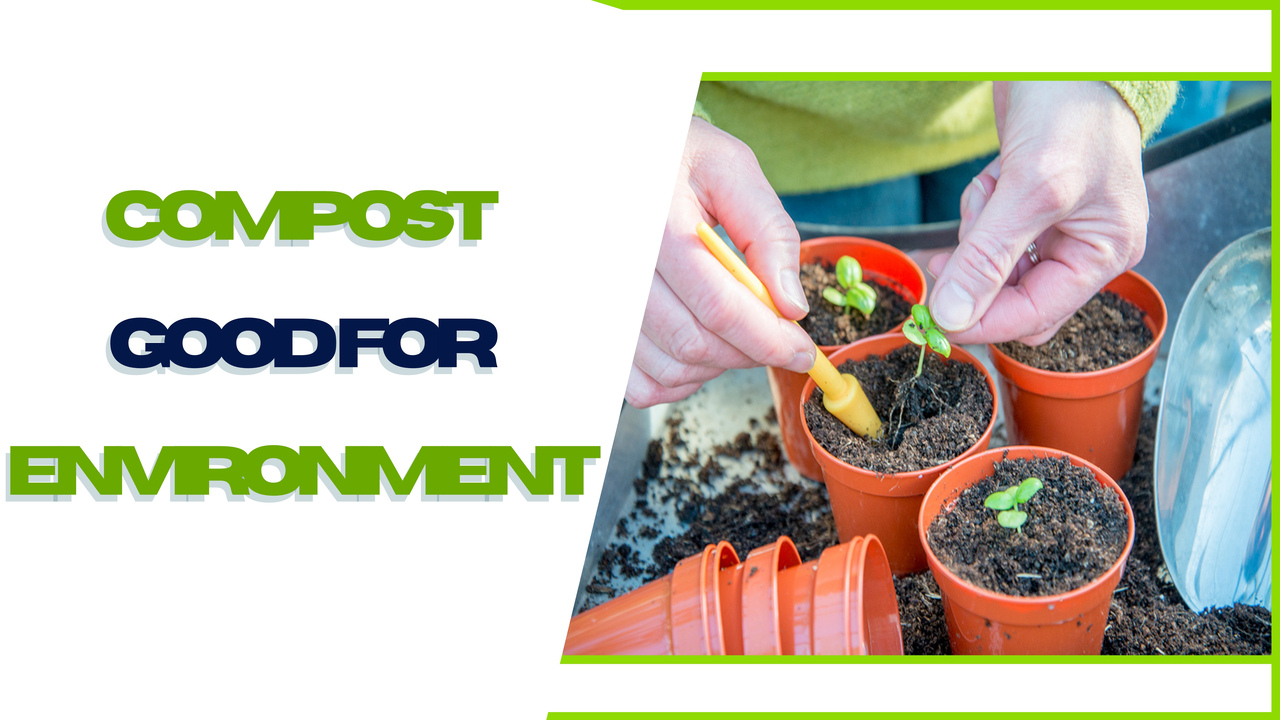
What Is Compost Good For: A Look At The Nutrient-Rich Benefits
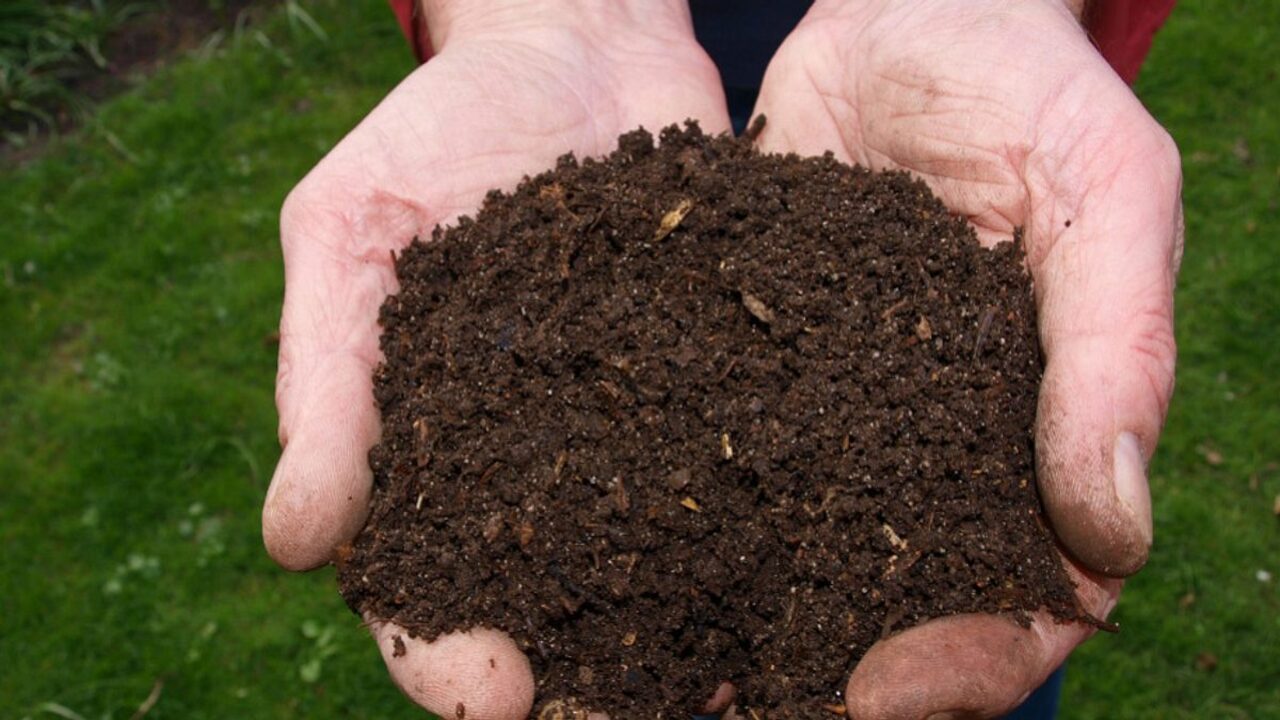
Compost is good for many things, but one of the main benefits is that it provides nutrients to crops as fertilizer. It is rich in plant nutrients, such as nitrogen, phosphorus, potassium, calcium, magnesium, and sulfur, essential for plant growth and development.
Compost also provides micronutrients, such as iron, zinc, copper, manganese, and boron, which are often deficient in soils. Compost provides these nutrients in a slow-release form that plants can use over time. Here is explained what compost is good for.
Enhancing Soil Fertility
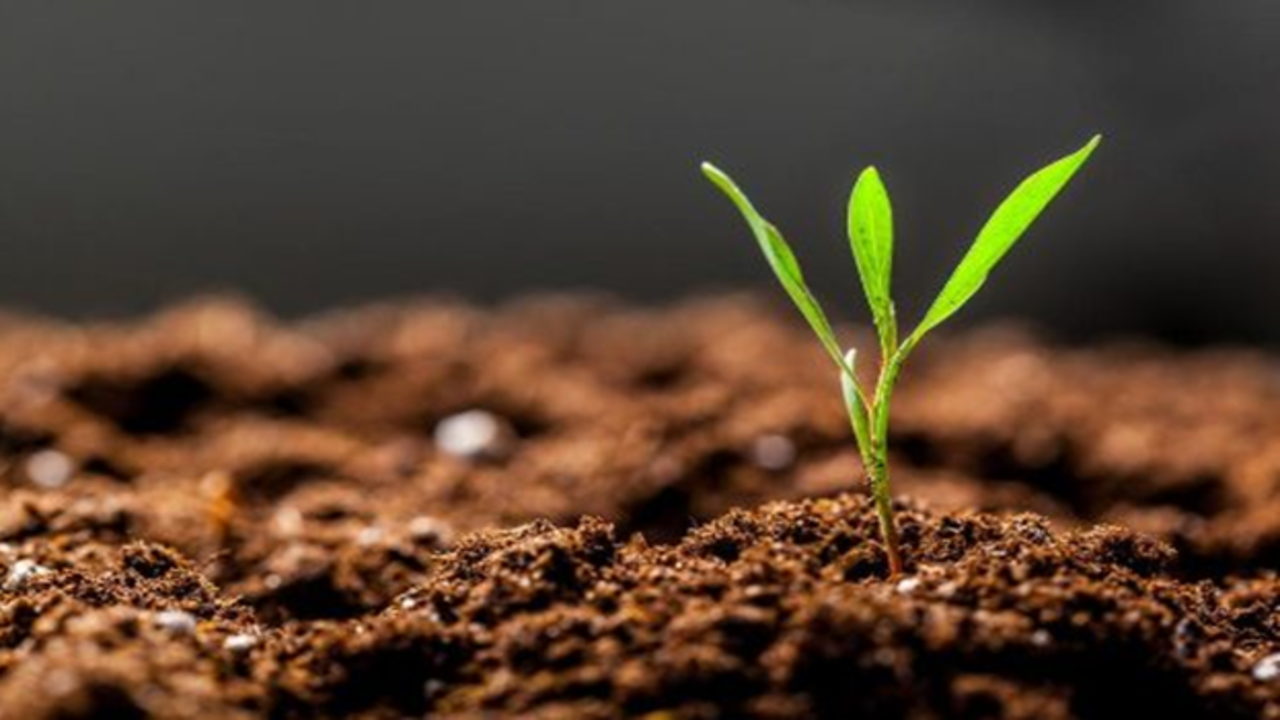
Compost enhances soil fertility by increasing the humus or humic acid contents. Humus is the dark, organic matter that remains after decomposition. Humus improves soil fertility by binding soil particles together, forming soil aggregates.
Soil aggregates improve soil structure and porosity, allowing air and water to flow through the soil. Humus also acts as a buffer, moderating soil pH and preventing nutrient imbalances. Humus also stimulates soil biological activity, attracting beneficial organisms that help cycle nutrients and suppress diseases.
Boosting Plant Growth And Health
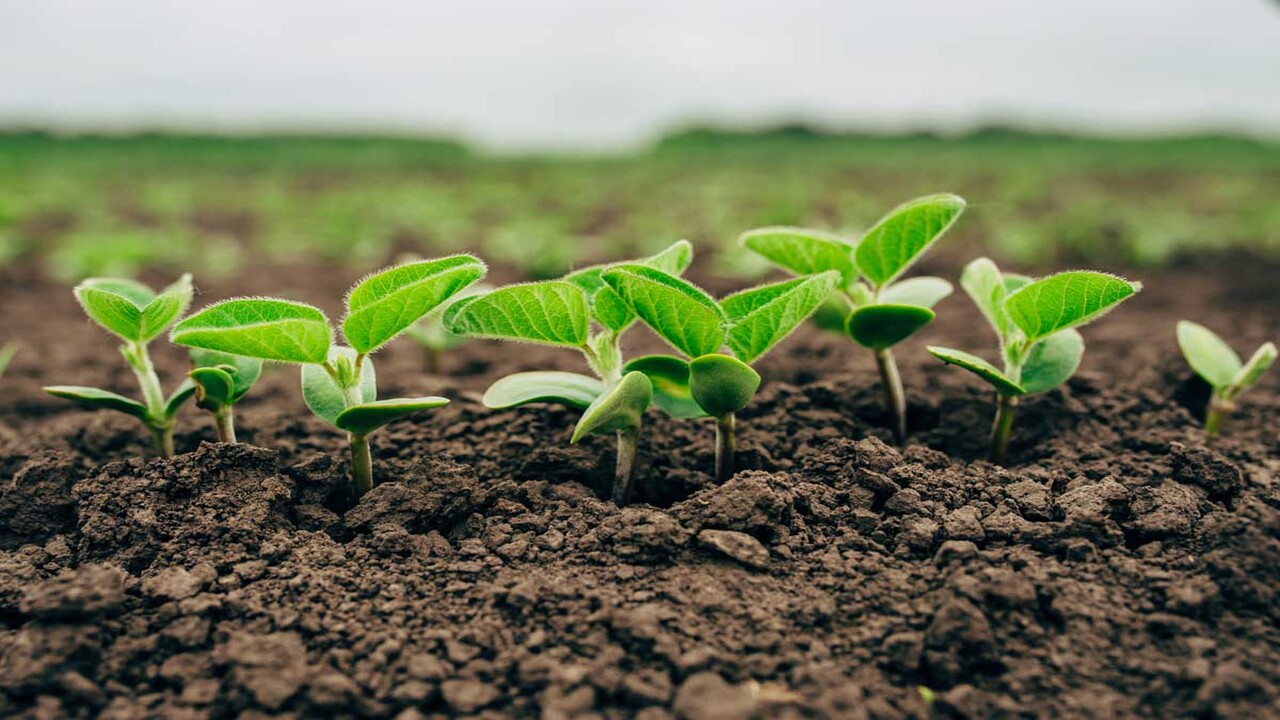
Compost is good for boosting plant growth and health by introducing beneficial microbes that help suppress soil pathogens and reduce soil-borne diseases. Compost contains a diverse community of bacteria, fungi, worms, insects, and nematodes that help decompose organic matter and make nutrients available to plants. It also helps protect plants from diseases and pests by enhancing their immune system and producing antibiotics and enzymes.
Sustainable Garden And Landscape Practices
Compost is good for sustainable garden and landscape practices by reducing greenhouse gas emissions, recycling nutrients, and mitigating the impact of droughts. Compost helps reduce greenhouse gas emissions by diverting organic waste from landfills and preventing methane production from anaerobic decomposition.
It also helps reduce carbon dioxide emissions by sequestering carbon in the soil and reducing the need for fossil fuel-based fertilizers. Compost also helps recycle nutrients from plants and animals into the soil, reducing nutrient loss and leaching. Compost also helps mitigate the impact of droughts by increasing the soil’s water-holding capacity and reducing water runoff.
Building Resilient Gardens
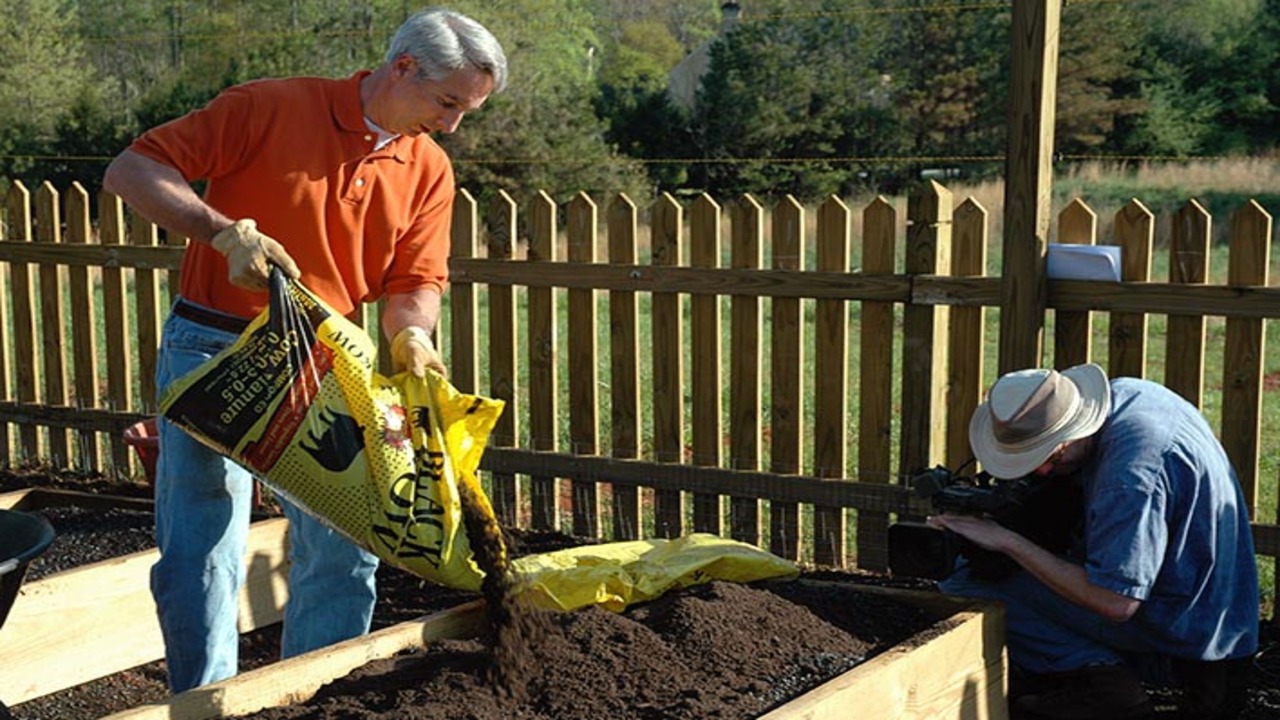
Compost is good for building resilient gardens by helping restore forests, wetlands, and habitats by improving poor soil quality. It can reclaim degraded lands, such as mine sites, urban lots, or eroded slopes. Compost can improve soil quality by adding organic matter, nutrients, microbes, and humus.
It can also help establish vegetation by providing a suitable growing medium for seeds and seedlings. Compost can also help restore biodiversity by attracting wildlife and supporting native plants.
Remediation And Restoration
Compost is good for remediation and restoration by helping the soil recover from contamination by hazardous waste. Compost can treat soils contaminated with heavy metals, pesticides, petroleum hydrocarbons, or other pollutants.
It can help remediate contaminated soils by immobilizing or degrading pollutants, reducing their bioavailability and toxicity. Compost can also help restore contaminated soils by enhancing their physical, chemical, and biological properties.
Waste Reduction And Landfill Diversion
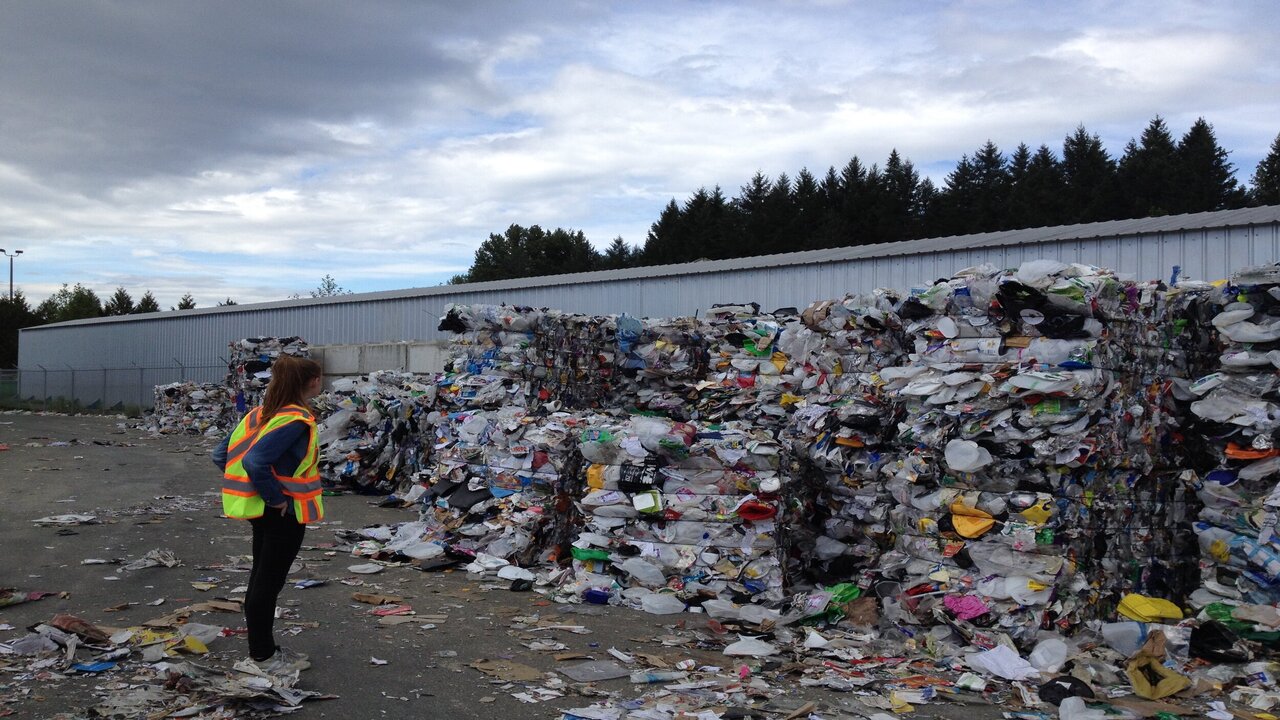
Composting is good for waste reduction and landfill diversion by recycling organic materials that would otherwise end up in landfills or incinerators. Food scraps and yard waste make up more than 28 per cent of what we throw away. Food waste is a significant burden on the environment, and processing it is costly.
The average cost to landfill municipal solid waste in the United States was around $55 per ton 2019. Composting at home allows us to divert some of that waste from landfills and turn it into something practical for our yards. Composting also reduces greenhouse gas emissions by preventing methane production from anaerobic decomposition in landfills.
Commercial And Agricultural Applications
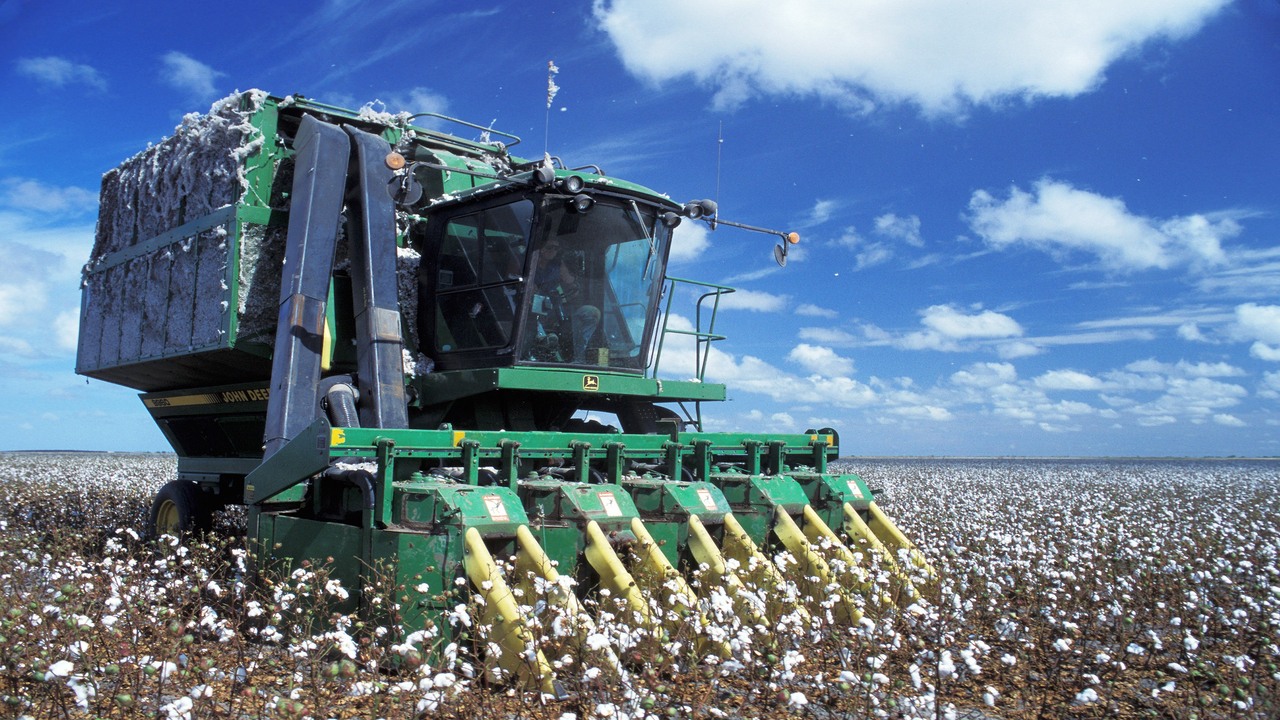
Composting is good for commercial and agricultural applications by promoting higher crop yields for farmers and creating markets and partnerships for compost products and services. Composting can help farmers improve their soil quality and productivity by providing organic fertilizer, soil conditioner, mulch, and erosion control.
It can also help farmers reduce their input costs by reducing or eliminating the need for chemical fertilizers, pesticides, irrigation water, and fuel. Composting can create new opportunities for businesses and organizations that collect, process, distribute, or use compost.
Conclusion
Compost is an invaluable resource that provides numerous benefits to the environment, our gardens, and farms. Composting is a natural process that breaks down organic waste into a nutrient-rich soil amendment that can be used to improve soil structure, water retention, and nutrient availability.
Compost also helps to reduce greenhouse gas emissions by diverting organic waste from landfills, where it would otherwise decompose and release methane gas. Additionally, composting can significantly reduce the need for synthetic fertilizers and pesticides, negatively impacting soil health and contributing to pollution.
What is compost good for? Using compost, we can improve the health and vitality of our plants, promote biodiversity, conserve resources, and reduce waste. Ultimately, composting is an essential practice for creating a sustainable and resilient future, and it highlights the importance of working with nature to achieve success.
FAQ’s
[rank_math_rich_snippet id=”s-72d74d44-90e4-440c-a504-f2614349e713″]

I am passionate about home engineering. I specialize in designing, installing, and maintaining heating, ventilation, and air conditioning systems. My goal is to help people stay comfortable in their homes all year long.
